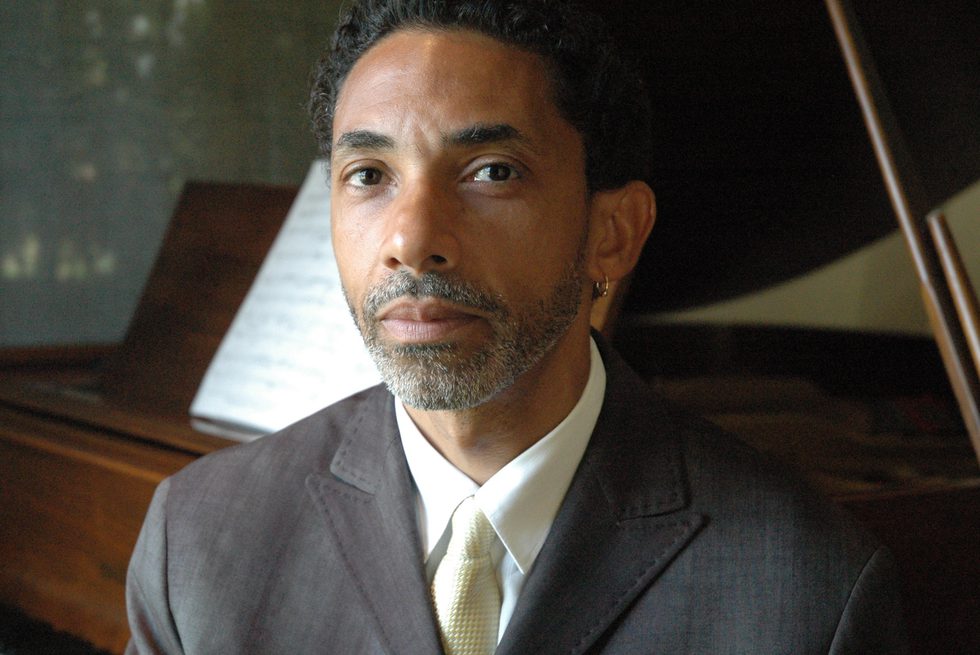Anthropology of/as Revolutionary Dreaming
From the Series: Forum: Culture at Large 2018 with Robin Kelley
From the Series: Forum: Culture at Large 2018 with Robin Kelley

Dreams are not external to politics, affirmed Robin D. G. Kelley at the 2018 Culture at Large session. Rather, dreams constitute urgent political action in struggles against contemporary fascism. Dreams of a radically different future can disrupt processes of normalization that justify current arrangements of dispossession and oppression, allowing us (in Kelley’s words) to “think beyond crisis” and “plant seeds of revolution.”
Laughter and tears punctuated the two-hour discussion between Kelley, a dynamic audience, and discussants Savannah Shange, John Jackson, Jr., and Gary Wilder. This reflection, which I write as an aspiring white ally learning how to listen and contribute productively, cannot capture these affective intensities. I join Sydney and Tracie in inviting you to explore the discussion through the materials in this forum. Here, I will highlight moments that suggested methodological and ethical touchstones for an anthropology of/as revolutionary dreaming.
Honoring and revisiting Kelley’s 2002 book Freedom Dreams: The Black Radical Imagination, the discussants called for an anthropology that works and thinks with social movements whose visions and demands for a radically different future disrupt normalizing narratives. Shange called this approach an “anthropology from way, way below,” one that “starts with writing not only about, but with and as the inheritors of a black radical tradition.” Orisanmi Burton, who introduced Kelley, said that such an approach considers “dreams as an anthropological project.”
This approach requires intergenerational support between scholars, panelists underscored. Shange turned to face Kelley to say: “You love us, and that is palpable.” John Jackson, Jr. thanked Kelley for helping him persist through the challenges of an academic career. Such mentorship reflects, as Burton put it, the “love for humanity” that undergirds Kelley’s work.
Panelists refused a single definition of political activism. We should not rush to circumscribe the domain of the “practically political,” Shange argued. Likewise, we should evaluate ethnographically what constitutes a political “win.” Shange shared Kelley’s understanding that acts of making demands can illuminate conditions of oppression and their mechanisms of reproduction, which advances a radically different future even if these demands are not met. In Shange’s own fieldwork and activism, embodied gestures of solidarity and hope disrupt both teleological models of struggle and simplistic narratives of victimization.
An anthropology of freedom dreams must find theoretical guideposts among contemporary activists, in addition to the writers in this forum’s bibliography. Social movement activists are not just “in the trenches,” Kelley said. Their dreams articulate theories of revolution. “This is the stuff we should be reading,” he reflected.
From this session, I learned that an anthropology of/as dreaming must engage in political struggle while fighting efforts to elevate a particular definition of struggle. This is one inspiration I draw from Burton’s statement that the best anthropologists “don’t just document and interpret society—they change it.”